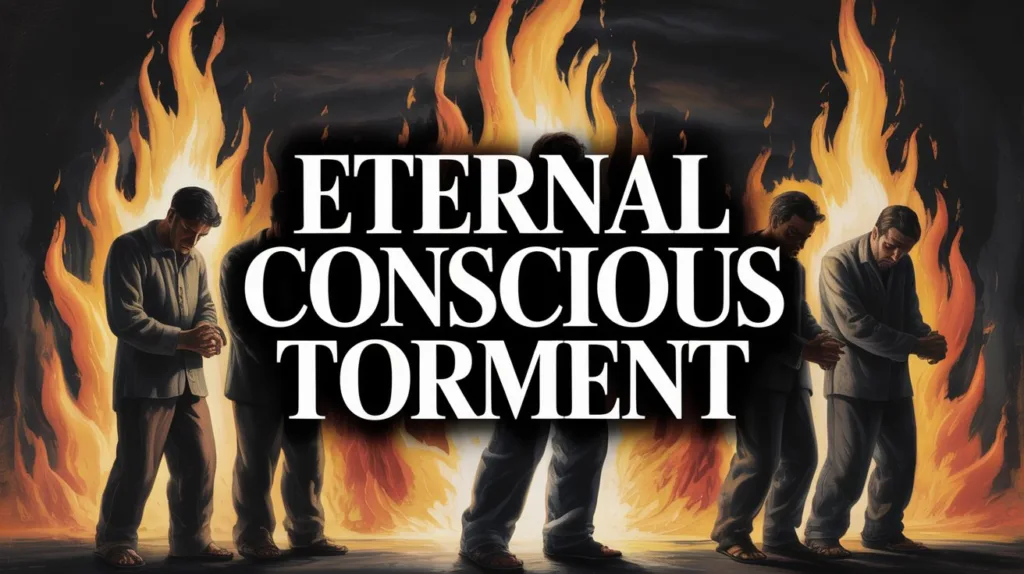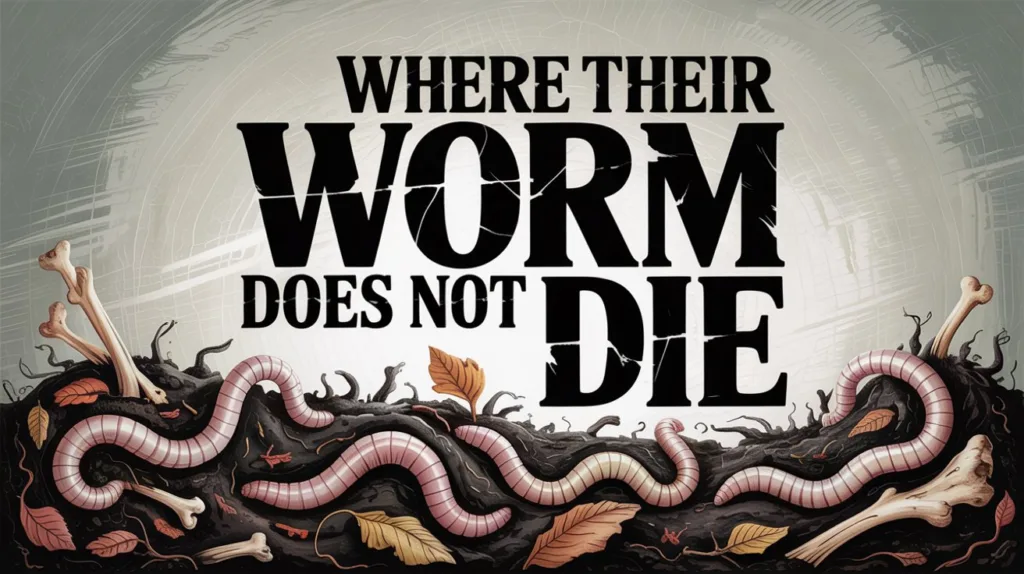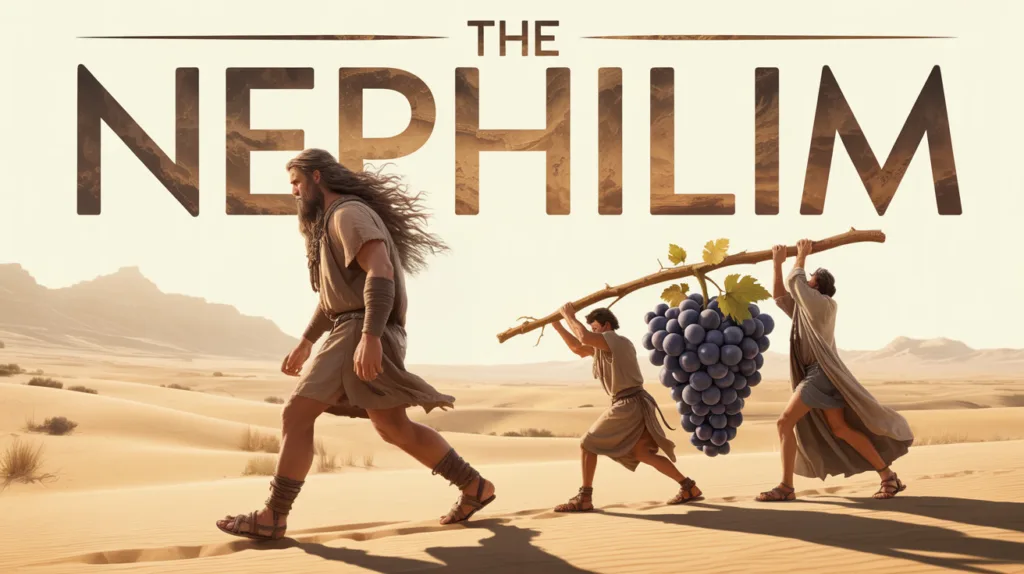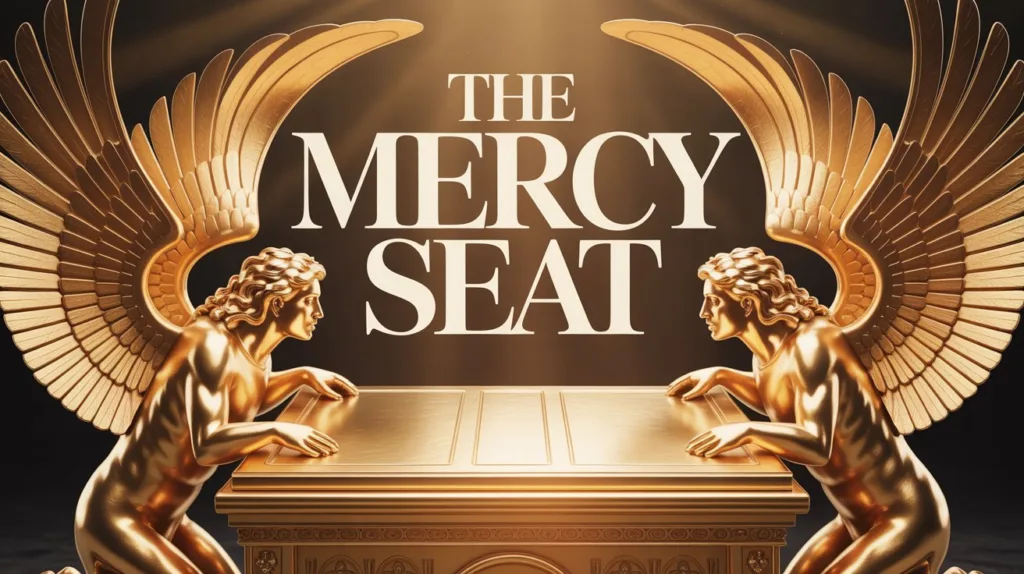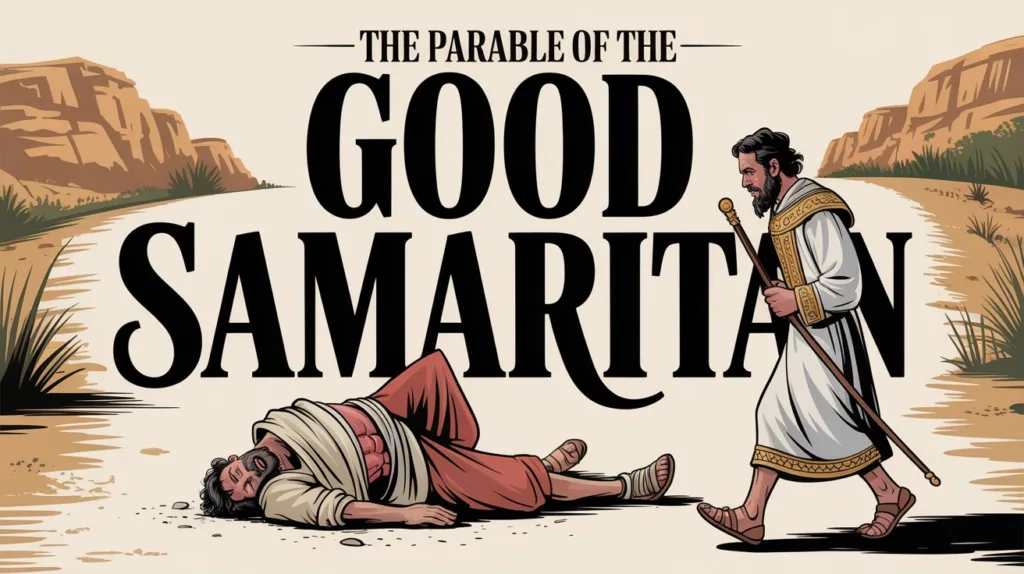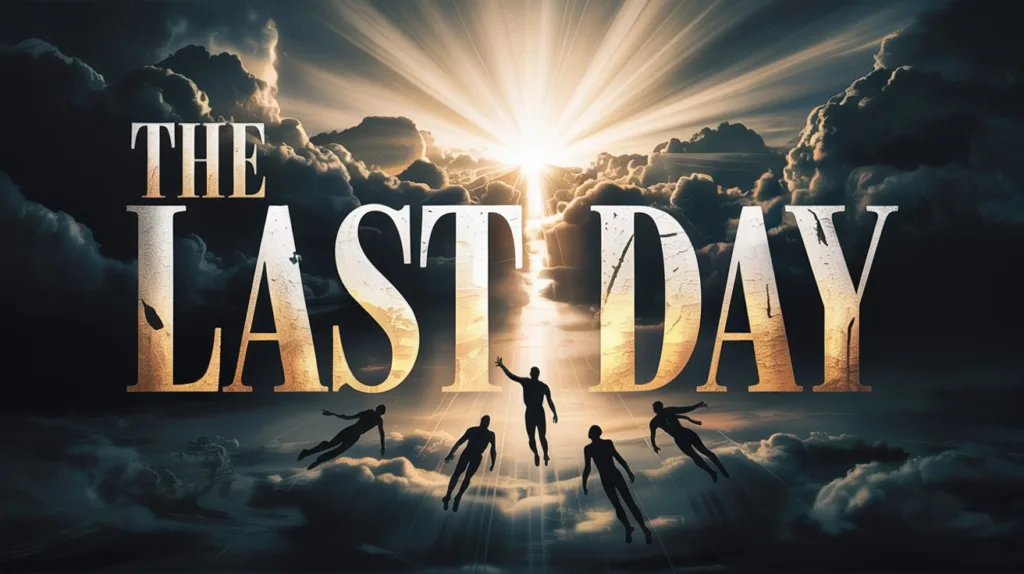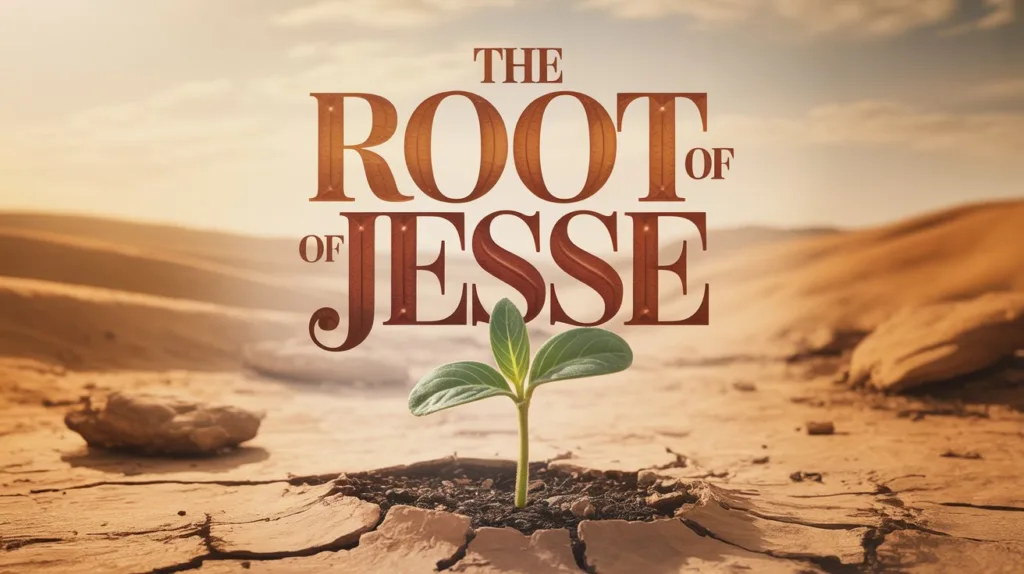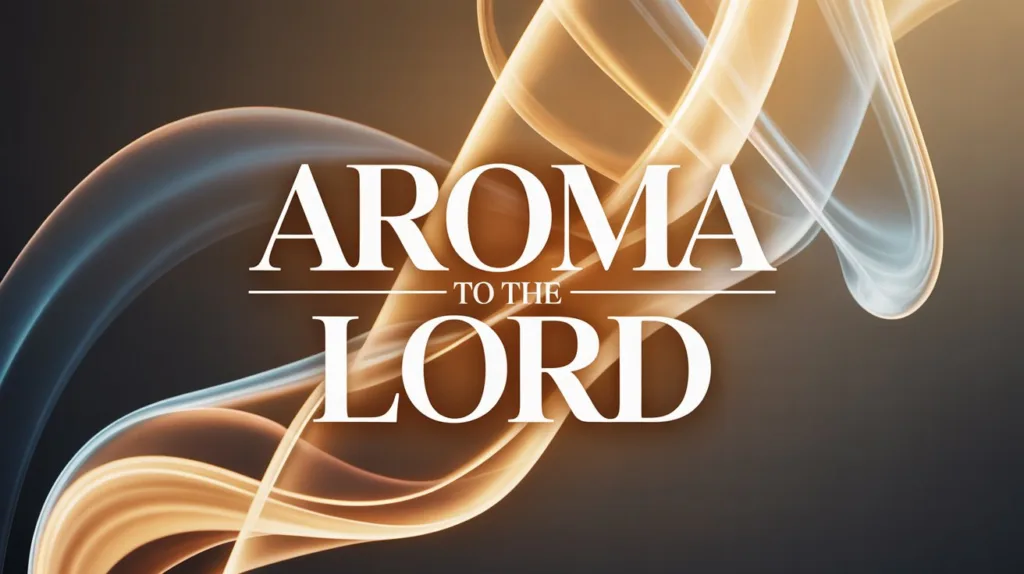A Complete Bible Study on Eternal Conscious Torment
Before examining Eternal Conscious Torment, we must establish clear boundaries. This study does not teach universalism. Scripture plainly affirms the final judgment, exclusion from life, and irreversible consequences for the wicked (Matthew 25:46; John 3:18;...

